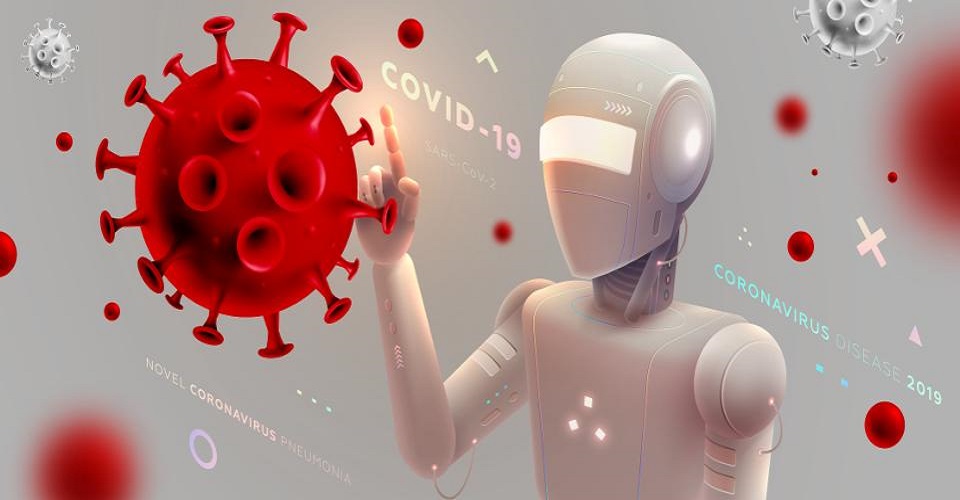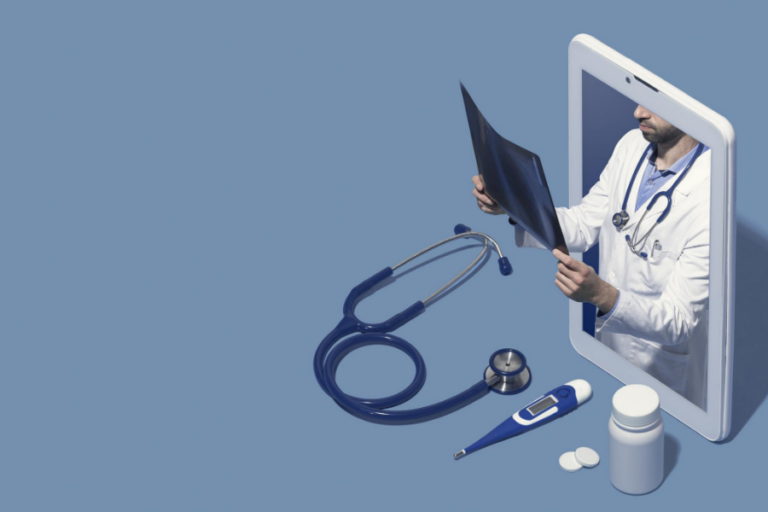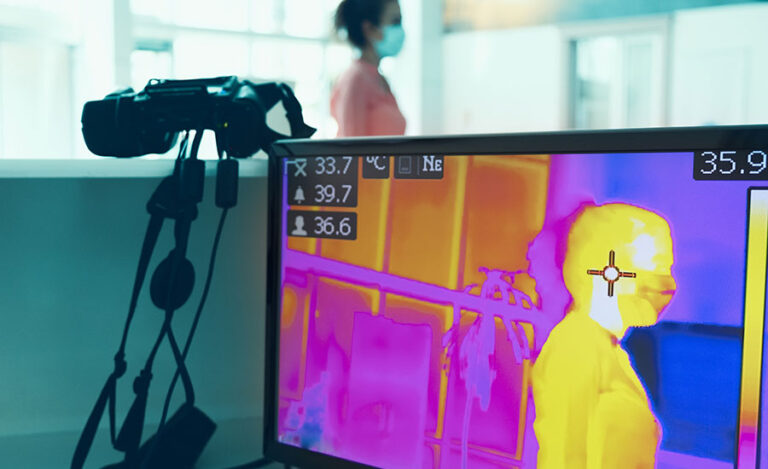None of us can deny the fact that a contagious virus that originated from the small city of Wuhan, China could be deadly enough to wipe out millions of population from the surface of the earth. Due to the unprecedented increase in cases, this global pandemic has altered people’s lives in both enormous and small ways along with putting governments and healthcare at stake. As the nation struggles with COVID-19, every ounce of technical innovation and intellect utilized to combat the epidemic puts us one step closer to victory. Hence, these innovations appear to be a useful tool in the fight against the coronavirus crisis that has dramatically increased. But still there remains a challenge that how this cutting-edge technology aids healthcare practitioners and public officials in preventing disease transmission.
To address this challenge related to the pandemic crisis, an unprecedented pace of efforts have been taken that can help combat the virus by using AI technologies. These technologies are being used in a variety of fields that can assist curb disease transmission. Different ways that garnered a lot of interest in fighting against COVID-19 are as follows.
1. AI in Prediction and Tracking
AI may be used to anticipate viral transmission and build early warning systems by collecting information from social media platforms, electronic communications, and news sites, as well as to give relevant information about sensitive locations and predict life – threatening diseases.
2. AI in Contact Tracing
AI can enhance mobile health applications in COVID-19, where smart devices like watches, mobile phones, cameras, and a variety of wearable devices may be used for diagnosis, contact tracing, and efficient monitoring.
3. Augmenting Remote Monitoring and Virtual Care
Patients with COVID19 who do not require hospitalization can be monitored remotely at home using wearable devices that measure temperature, blood pressure, and arterial oxygen levels and communicate this information to central virtual care units. The AI-assisted analysis informs personnel of deteriorating conditions, prompting the activation of outreach care or the recall of a patient for treatment.




